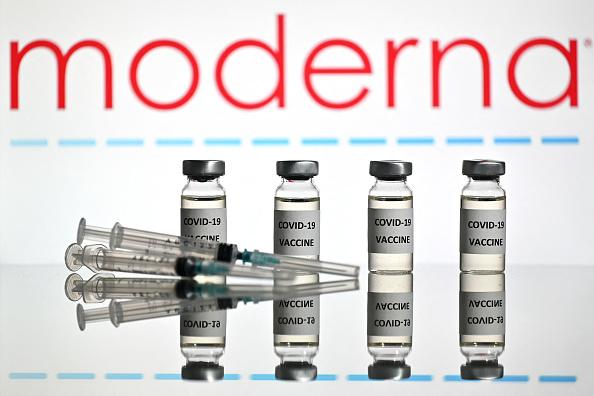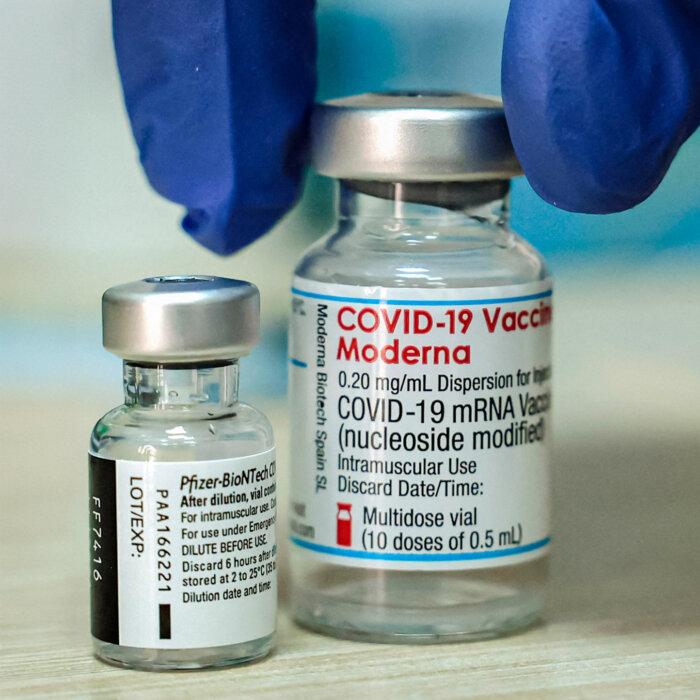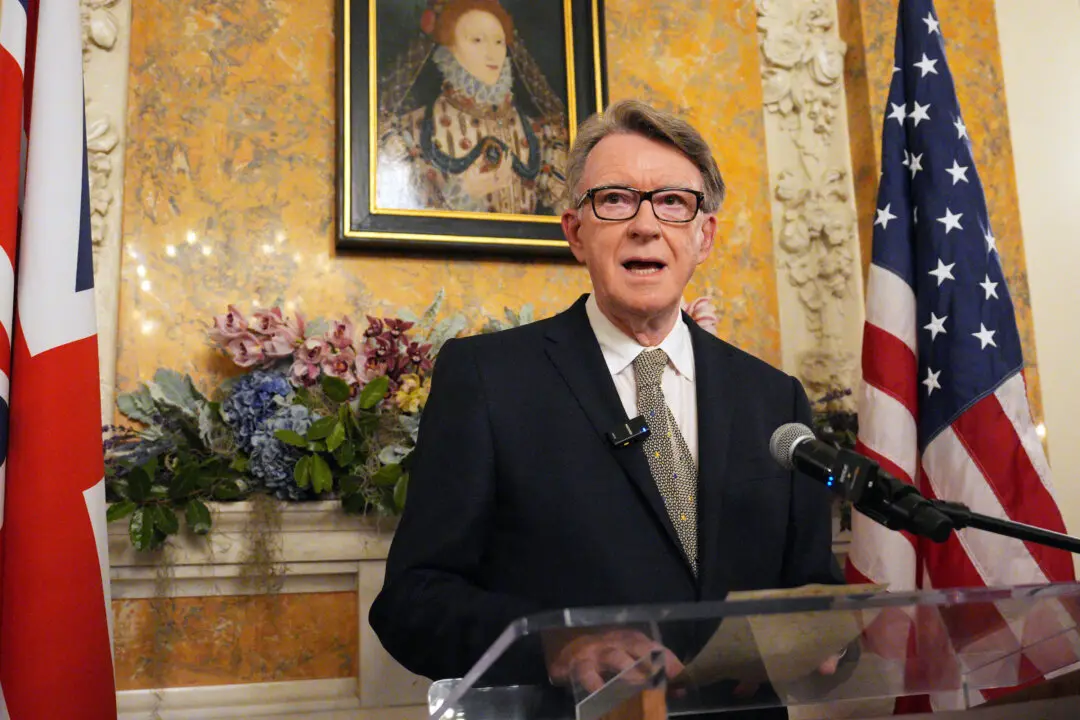A new mRNA vaccine for the vomiting bug norovirus is being trialled in the UK, with Health Secretary Wes Streeting saying he hopes it might ease “the burden on the NHS.”
It is claimed the novel jab could stop people developing the vomiting and diarrhoea bug, which is responsible for around 80 deaths a year in the UK, but is linked to around 12,000 hospital admissions annually, according to NHS figures.
The mRNA technology is said to work by teaching the immune system to recognise a “foreign” protein on viruses and mount an attack, in this case targeting three major strains of norovirus.
Dr. Patrick Moore, chief investigator of the study and National Institute for Health and Care Research (NIHR) director in the southwest, said in a statement that in the absence of a vaccine, the only treatment available for people who become seriously ill with norovirus is intravenous fluids.
He said that the bug usually peaks in the winter months and is “highly transmissible.”
2,500 Participants
Some 27 NHS hospitals and centres in England, Scotland, and Wales are taking part in the trial, with some running mobile clinics that could visit care homes or other community sites.Those running the trial want to recruit 2,500 participants before the end of December, with half of these to receive the drug and the other other half the placebo.
Everyone in the trial will be followed up for around 25 months, with Moderna hoping the results will show 65 percent or higher efficacy for the jab.
Moderna will also analyse whether the vaccine should be offered as a seasonal jab like the flu vaccine, or whether it could offer lifelong immunity.
The firm hopes to file marketing applications in 2026 to have the vaccine approved by health regulators.
Streeting said in a statement: “Norovirus is highly infectious and puts the NHS under huge strain every winter, costing taxpayers around £100 million a year.
“The UK is leading the way to develop a world-first vaccine for this vomiting bug, starting with this innovative vaccine trial delivered through the Government-funded National Institute for Health and Care Research.
“Not only is this a huge vote of confidence in the UK’s life sciences sector, but a successful vaccine will help shift our health system away from sickness and towards prevention - reducing pressure on the NHS and keeping people well during the colder months.”
Children Could Be Recruited
If the vaccine is found to be effective in adults, the trial is then likely to be extended to children.The United States, Canada, and Japan are also taking part in the study, with a possible extension to Australia. Overall, around 25,000 people are expected to be recruited globally.
The vaccine is claimed to have been engineered to combat three strains of the virus which were responsible for more than two-thirds (67 percent) of norovirus cases in 2023–24.
Melanie Ivarsson, chief development officer at Moderna, said: “We are delighted to bring this trial to the UK - by advancing our investigational mRNA norovirus vaccine into a pivotal phase 3 trial, we are one step closer to potentially providing a new tool to prevent infection from this highly contagious virus, which places a significant burden on health systems globally.”
Moore said the illness is reponsible for about 200,000 deaths globally each year, of which 50,000 are children.
10-Year Moderna Partnership
The new trial is part of the government’s 10-year strategic partnership with Moderna, which is seeing the firm build a new mRNA research, development, and manufacturing facility in Oxfordshire and investing in UK clinical trials.Professor Lucy Chappell, NIHR chief executive and chief scientific adviser to the Department of Health and Social Care, said: “This novel vaccine could make a difference to the lives of many – especially our most vulnerable citizens – and reduce the burden of seasonal illness on the NHS.
“Leveraging the UK’s expertise in vaccine development, the DHSC through the NIHR and Moderna are delivering this large-scale trial at pace, so that people across the UK and the world can benefit sooner.”
Moderna was founded in 2010. In 2015, the company formed a partnership with Merck to develop treatments for cancer. In January 2016, the Bill and Melinda Gates Foundation committed to provide at least $20 million in grant funding to the company.
In December 2018, Moderna became a public company via the largest initial public offering of a biotechnology company in history, raising $621 million by selling 27 million shares at $23 per share.
From 2020 to 2021, Moderna received $955 million from Operation Warp Speed to accelerate development of its COVID-19 vaccine candidate, with $4.9 billion committed in total to produce 300 million vaccine doses.






